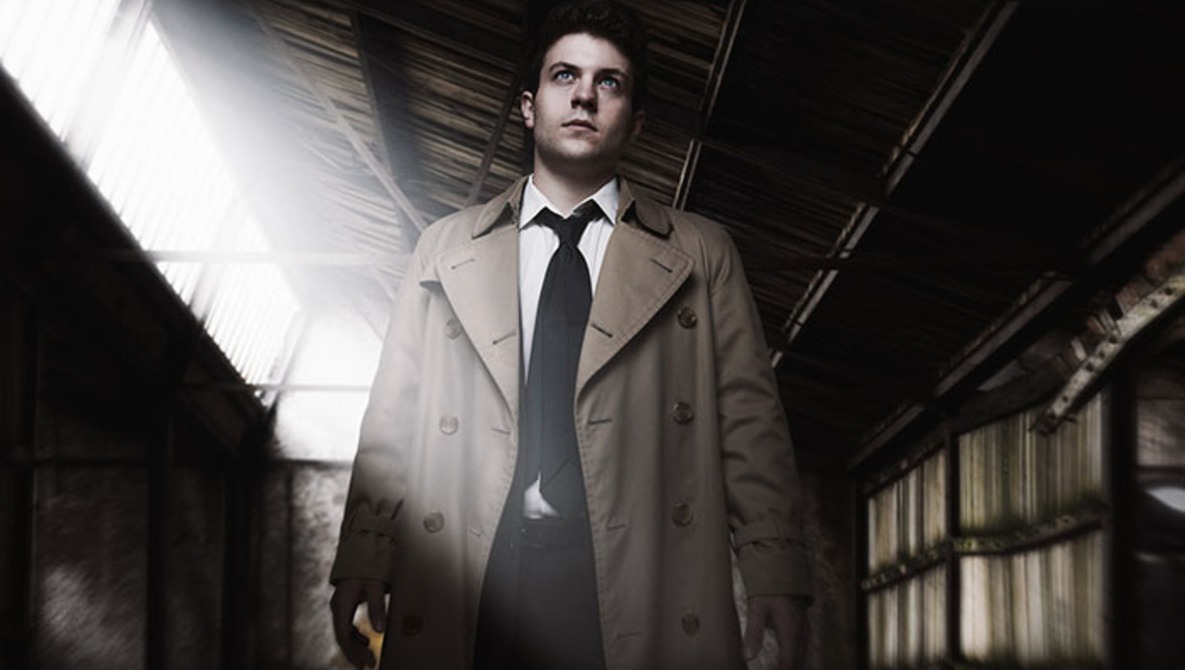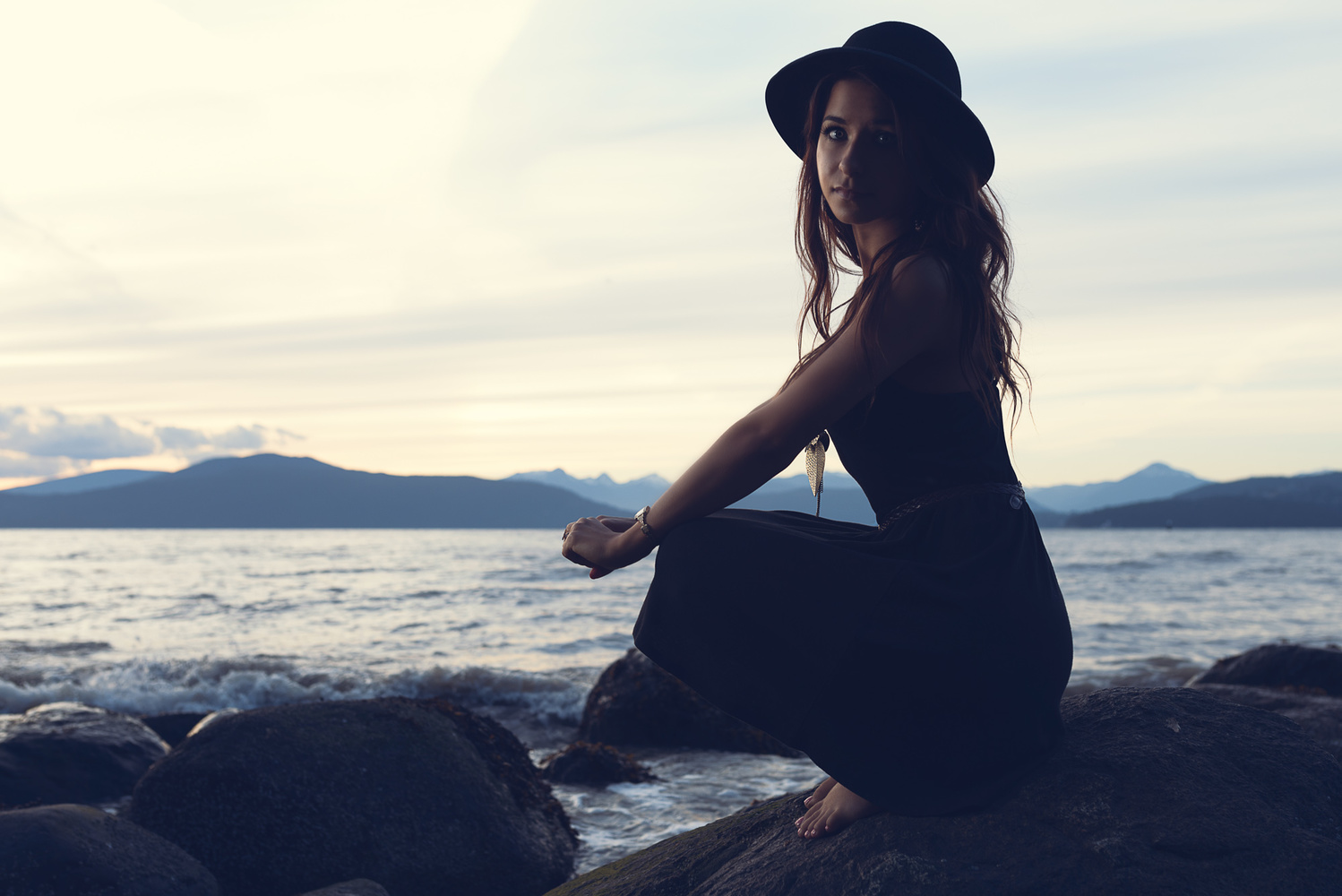Recently I was sent a YouTube video of an artist who spent a huge amount of time creating drawings using MS Paint. The end product was decent enough, even impressive if you consider the tool he was using, but if you were to eliminate knowledge of his method it would merely be a mediocre, unimpressive digital painting. How amazing could this guy’s work be if he didn’t arbitrarily limit himself? This is clearly an extremely talented artist that is limiting the quality of his work by stubbornly insisting on using an inefficient tool. Which, of course, got me to thinking about how as photographers, we have a tendency to do the exact same thing.
I Only Shoot With Natural Light
I have heard this one too many times to count: A stubborn photographer refuses to learn how to use artificial lighting because they have convinced themselves that natural light is somehow is better.
The reality is that by refusing to learn how to artificially light a scene, they are creating a tremendous vulnerability in their skill set that could impact their ability to deliver a high-quality photo in any situation.
If you prefer to shoot in “natural light,” that is great, you absolutely should when you can but as a professional you should be fully prepared to still deliver quality images in the event that environmental light just isn’t sufficient to get the job done.
I Don’t Edit My Photos
In certain circles, Photoshop seems to have garnered a rather negative stigma akin to “cheating” or "lying.” I often come across photographers who like to boast that they don’t edit photos as if it is some sort of badge of honor. Stubbornly refusing to learn how to edit only serves to reduce the potential quality of the service you provide. Even if you can usually deliver high-quality images without the need of a tool like Photoshop, it is inevitable that at some point a situation will arise where your ability to deliver the product a client expects hinges on your ability to make a specific edit in post.
There is nothing wrong with preferring not to edit or retouch, but that is no excuse for not being able to when a client needs you to.
I Only Use Prime Lenses
I’m often guilty of this one. My lens kit is a neat little collection of fast primes. Generally, if you hand me a zoom my nose will wrinkle into a begrudging sneer as I begin to whine about how much better primes are.
Sometimes you just aren’t in a situation where zooming with your feet is viable, a situation where constantly switching lenses is too slow to get the job done, or a situation where despite your abhorrence of zoom lenses they become the tool that will get the job done.
I Only Shoot In Manual Mode
Oh, bugger, another one that I’m guilty of. My camera lives in manual mode and when I accidently change it, a “dirty” feeling washes over me. My mind immediately jumps to the thought that a “real” photographer should be comfortable manually controlling their camera. I’m not wrong but sometimes a situation pops up where adjusting manually just isn’t fast enough to get the shot.
A real professional should be prepared to use almost any technique if it means a better chance of creating images that meet the quality that the client expects.
Break Free Of Your Restrictions
The time has come: shed the shackles of your arbitrary, self-imposed restrictions. Think about your process and how you can unshackle yourself of those stubborn, usually irrational limitations that seem to have become more about creating an illusion of elite identity than actually improving the quality of your work.









Good advices in here man, simple but helpful post. Congrats
Whenever I hear any of these things, I usually respond with the biggest eyeroll, especially when someone says "No photoshop!". Please.
Love the article. Thank you for writing it.
Yes!
I thought "I only shoot natural light" was code for "I can't afford a flash".
I gave into letting my camera make certain decisions for me. No more manual exposure. Auto ISO, with shutter speed limits set, and AV. This has removed one item from the equation, freeing me up to concentrate on my subject more.
it's code for "i don't know how to use a flash and i am convincing myself that i'm right". and as the not so great ken rockwell says "i only shoot jpeg and i let the camera get it right for me".
I can't understand all those philosophies behind techniques of taking a picture. Who can see that the picture was taken with prime lens? Or if it was shot in this or that mode? All that matters is the final image. Snapshot with iPhone can be better than picture taken with 40k camera in manual mode with Profoto lights and 10 assistants.
Some of these are often used as "cover ups" for lack of skill in certain areas. However, the benefits of limitations are very dependent on the mindset of the photographer.
For example; I recently sold most of my expensive primes to buy zooms. I did this, not because one or the other is inherently better, but because I would experience severe anxiety about missing shots because I didn't have the right lens. This, in turn, would make me miss the shot anyways even if I had the right lens, because I was focused on something other than the moment.
It all depends on the mindset.
Dude, you need a bunch of zooms and primes. Which you use depends on the situation.
Dude, you don't NEED "a bunch" of either. Some things are easier or only possible to shoot with certain lenses, but I know several photographers who only use 1-2 lenses because that's all their photography calls for.
Why do I need a 400mm that I only use once a year? Why do I need a 24mm f/1.4 when I rarely shoot it wide open in the first place?
Hoarding gear doesn't make you more likely to take better photos.
If anything, I've found it to be a hindrance, so, uh, dude, your experience isn't universal.
I think you took part of my comment too seriously. Any sentence that starts with "Dude" can't be too serious.
I like my zooms for their convenience. I love my primes because they make me slow down and really take my time. Having both options can be nice, as long as I choose wisely.
I'm doing everything wrong... I shoot all natural light... A decision I made after getting bored of shooting with 8+ flashes on a setup (think dave hill...). I also shoot only with primes as the film camera's I have all have primes. I use photoshop but never to retouch skin (only removing dust from the negatives... film grain does a great job of hiding blemishes on skin!) Before I did all of this I had all the options available to me, a great digital camera with all the lenses, 10 flash heads and hours in photoshop... I was restricted by all the gear and choices I had. Simplifying everything allowed me to concentrate more on the actual photo I was taking and in the end I have ended up delivering better photos!
Ryan, thank you for the write- up.
Unfortunately, I have a few difficulties with it:
Off the bat, retorically, I think this technique of Argument is called "replacement adversary".
1) Make a statement/ thesis. 2) Make up some Points to "counter" that statement. 3) Then take apart the points in 2) to "prove" how strong your statement in 1) actually is.
Then, what's your point?
If said restrictions are self- imposed for artistic reasons, then it would make no sense to abandon them, would it? If they were forced on you, (lke a tight Budget), then they're not self- imposed, and the whole article is moot.
Sometimes, those very restrictions may very well turn out to be the artist's signature move, and I sure as Hell won't tell Sean Archer (http://500px.com/seanarcher) to go pick up strobes to "broaden his horizon"
Wow, what a reaction from some people. Sometimes it is good to put the camera down, and take a vacation, . . . just saying
I thought this was a great write up.
On point number one, you are making an assumption that photographers who shoot natural light don't want to learn to use strobes. I have found in actually TALKING to a few hundred photographers that many don't use strobes & speedlites for weight reasons, preferring to have a smaller, lighter kit bag that allows them to be more mobile. Many don't use strobes and speedlites for artistic value. It's not that they don't have experience or know-how using these items, but that they choose not to for how they impact the way that they work. I hate seeing photographers who do use strobes/speedlites always talking negatively about photographers who don't. Try not using your strobes for a month on your jobs and see how that affects the way that you work and maybe you can sympathize more with photographers who willing choose to shoot natural light only.
If you're not constantly challenging yourself, if you don't feel slightly uncomfortable with a composition/technique/scenario when shooting, you're doing it wrong. If you're a freelancer or independent photographer, you must push yourself, 'cause no one else will do it.
Like it!!!